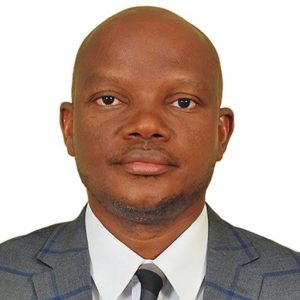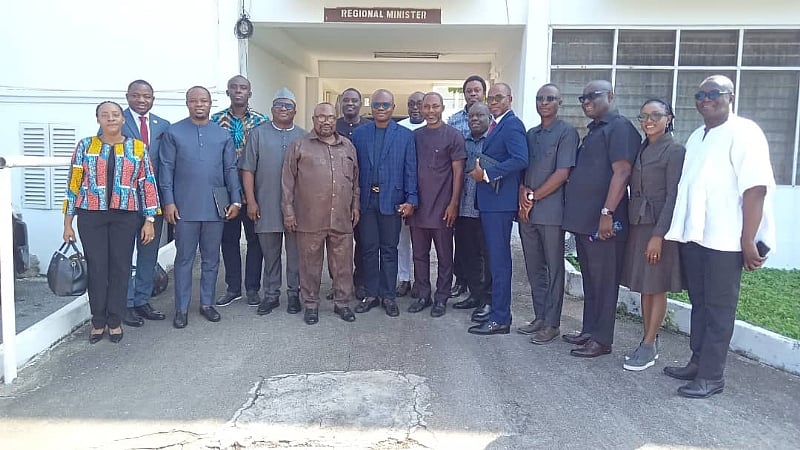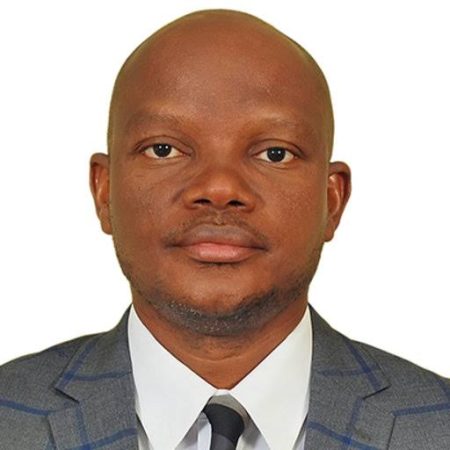Ghana’s healthcare system is grappling with systemic challenges that compromise the quality and accessibility of healthcare services across the nation. A recent assessment conducted by the Parliamentary Health Committee, following visits to healthcare facilities in the Central Region, has unveiled a complex interplay of issues that demand urgent attention. These challenges range from critical staff shortages and dilapidated infrastructure to inadequate funding and inefficient revenue management. The committee’s findings paint a concerning picture of a healthcare system struggling to meet the needs of the population and underscore the necessity for comprehensive reforms to address these persistent shortcomings.
One of the most pressing issues identified by the committee is the severe shortage of healthcare professionals, particularly doctors, in many facilities. Paradoxically, this shortage coexists with a pool of unemployed doctors, suggesting a disconnect between the availability of qualified personnel and their deployment to areas of need. This mismatch contributes to an overburdened workforce in existing facilities, impacting the quality of care and increasing the workload on existing staff. The Baptist Health Center, for instance, exemplifies this challenge, with a high patient volume but an insufficient number of healthcare professionals to adequately address the demand. This imbalance necessitates immediate action to incentivize doctors to serve in underserved areas, potentially through financial incentives or other forms of support. The current reliance on central government funding alone appears insufficient to address the motivational and financial needs of healthcare professionals, hindering efforts to effectively deploy existing human resources.
The committee also highlighted the poor state of healthcare infrastructure and the lack of adequate maintenance. Deteriorating facilities create an unfavorable environment for both patients and healthcare providers, impacting the overall quality of care. The Central Regional Minister echoed this concern, specifically citing the inadequate facilities at the teaching hospital, further emphasizing the extent of the infrastructural challenges. This lack of upkeep affects various aspects of healthcare delivery, from basic patient comfort to the availability of essential equipment and resources. Addressing this issue requires a multi-pronged approach, including increased investment in infrastructure development and the implementation of effective maintenance protocols. The committee’s suggestion of allowing healthcare facilities to retain a portion of their generated revenue offers a sustainable solution for funding maintenance, staff motivation, and service improvements.
Furthermore, the current revenue management practices within the healthcare system require significant reform. While hospitals generate revenue through patient services, the utilization and allocation of these funds appear inefficient. The disparity between high patient volumes, surgical procedures, and admissions, as observed by the Regional Minister, raises questions about the corresponding revenue generated and its subsequent allocation. The current system seems to lack transparency and accountability, hindering investments in critical areas such as infrastructure maintenance, staff motivation, and service improvement. Allowing healthcare facilities greater autonomy in managing their finances, as proposed by the committee, could empower them to address these pressing needs and enhance the quality of care. This approach necessitates clear guidelines and oversight mechanisms to ensure responsible financial management and the prioritization of patient care.
The Parliamentary Health Committee’s findings underscore the urgent need for systemic changes in Ghana’s healthcare system. The committee’s recommendations, formulated after extensive consultations and on-site assessments, offer a roadmap for addressing the identified challenges. These recommendations include incentivizing doctors to serve in underserved areas, improving infrastructure, and implementing effective revenue management strategies. These proposals require a collaborative effort among stakeholders, including the government, healthcare professionals, and the public, to ensure their successful implementation. By addressing these systemic issues, Ghana can move towards a more equitable, efficient, and sustainable healthcare system that effectively serves the needs of its citizens.
The committee’s report serves as a critical call to action, urging stakeholders to prioritize the revitalization of Ghana’s healthcare system. The current state of affairs, marked by staff shortages, inadequate infrastructure, and inefficient financial management, demands immediate and sustained intervention. Implementing the committee’s recommendations holds the potential to transform the healthcare landscape, enhancing the quality of care, improving patient outcomes, and building a more resilient healthcare system capable of meeting the evolving needs of the population. This requires a commitment to investing in healthcare infrastructure, empowering healthcare facilities to manage their resources effectively, and creating a supportive environment for healthcare professionals. Ultimately, the success of these reforms hinges on collaborative action and a shared vision for a healthier Ghana.














